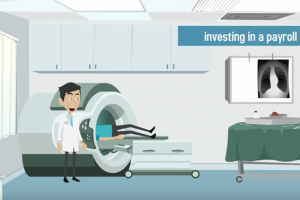If you choose to rent office space for your medical practice, the terms of your rental agreement will be outlined in a commercial lease.
Much like a residential lease, a commercial lease is an agreement between a tenant and a landlord.
The main difference is that with a commercial lease, you have permission to conduct business on the premises.
However, there are three more important differences to keep in mind.
#1: ;Unlike residential leases, there are no deposit caps on commercial leases and few provisions to protect a tenant’s privacy.
This could result in hefty fees to rent office space and little to no protection against nosy landlords.
#2: The terms of commercial leases are typically much longer than residential leases, sometimes stretching up to 15 years.
#3: There is much more room for customization with this type of lease, allowing you to negotiate terms to your liking.
When signing a commercial lease, make sure that the amount of rent falls within your budget, and that the length of the lease allows room for growth in your business.
Since you may not be able to tell if a space will work for you until you’re actually seeing patients there, it’s smarter to choose a short-term lease with the option to renew.
Finally, be sure to think first and foremost about the long-term needs of your growing practice when considering the terms of a commercial lease.
To learn more about doctor credentialing, insurance, coding, outsourcing, and everything you need to establish a successful healthcare practice, follow all of Sherlock Doc’s adventures on the DoctorsBusinessNetwork.com or Doctors Business Channel on YouTube!.


